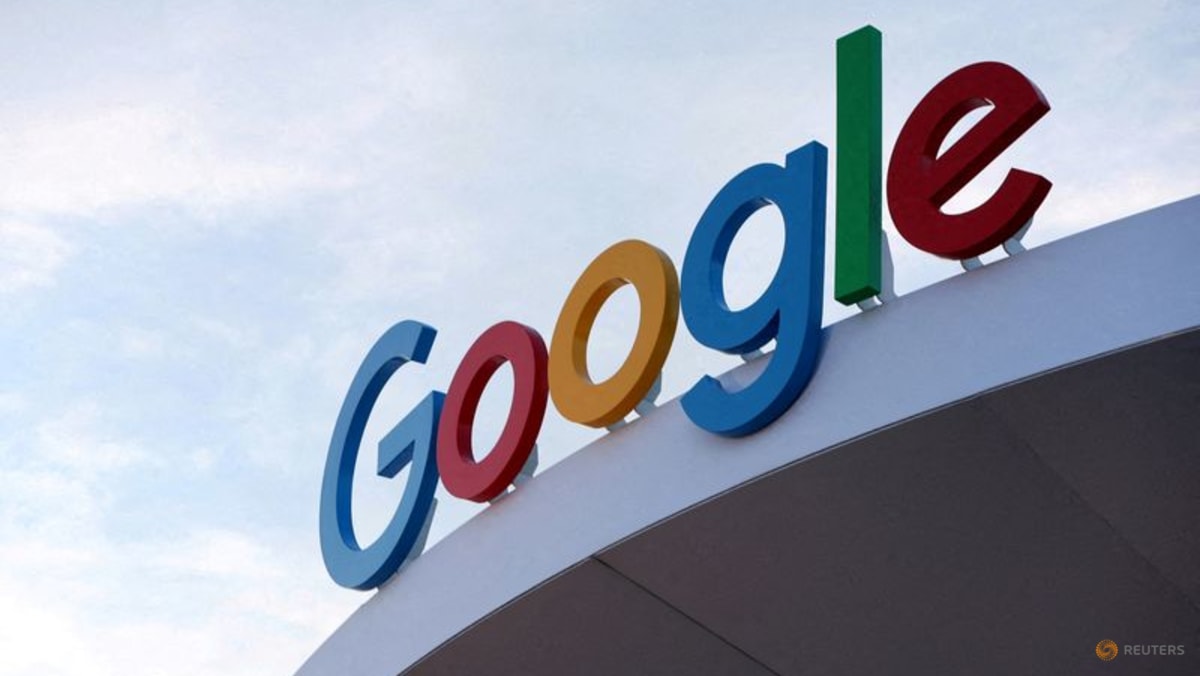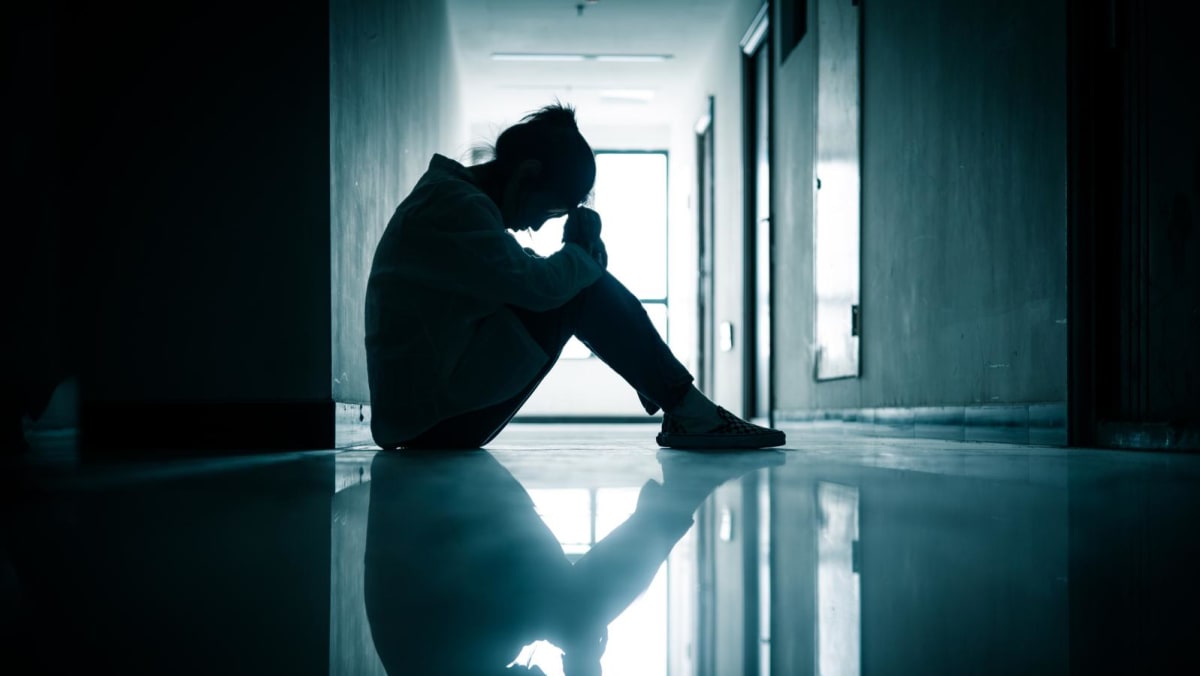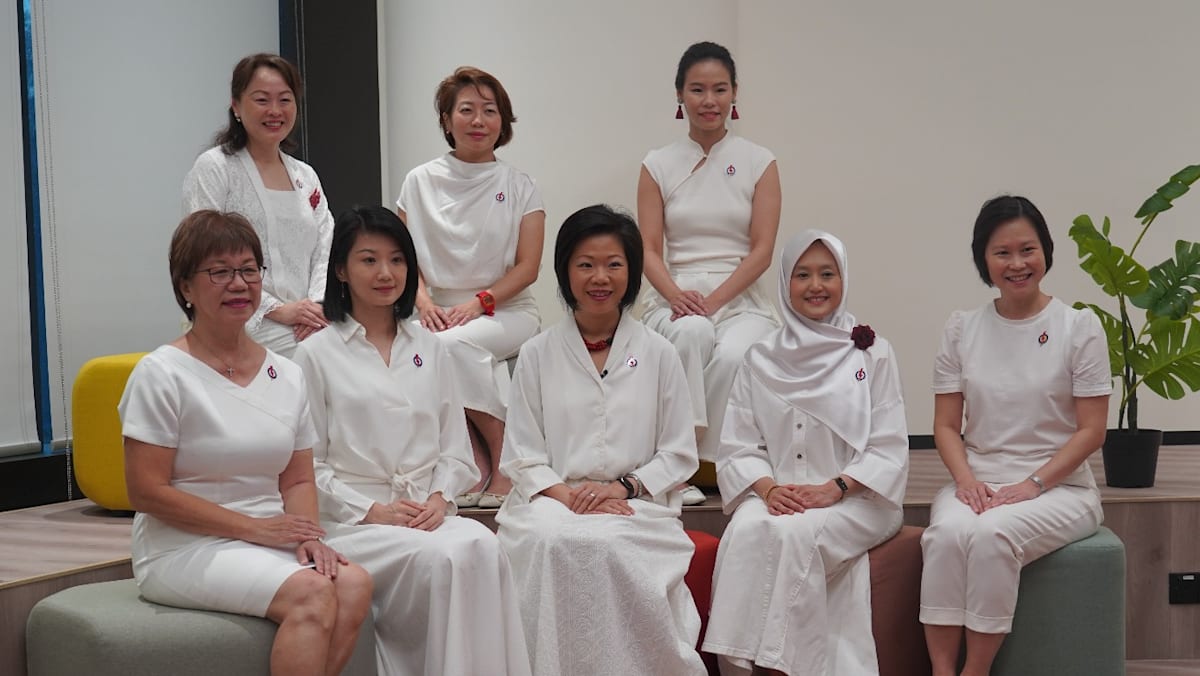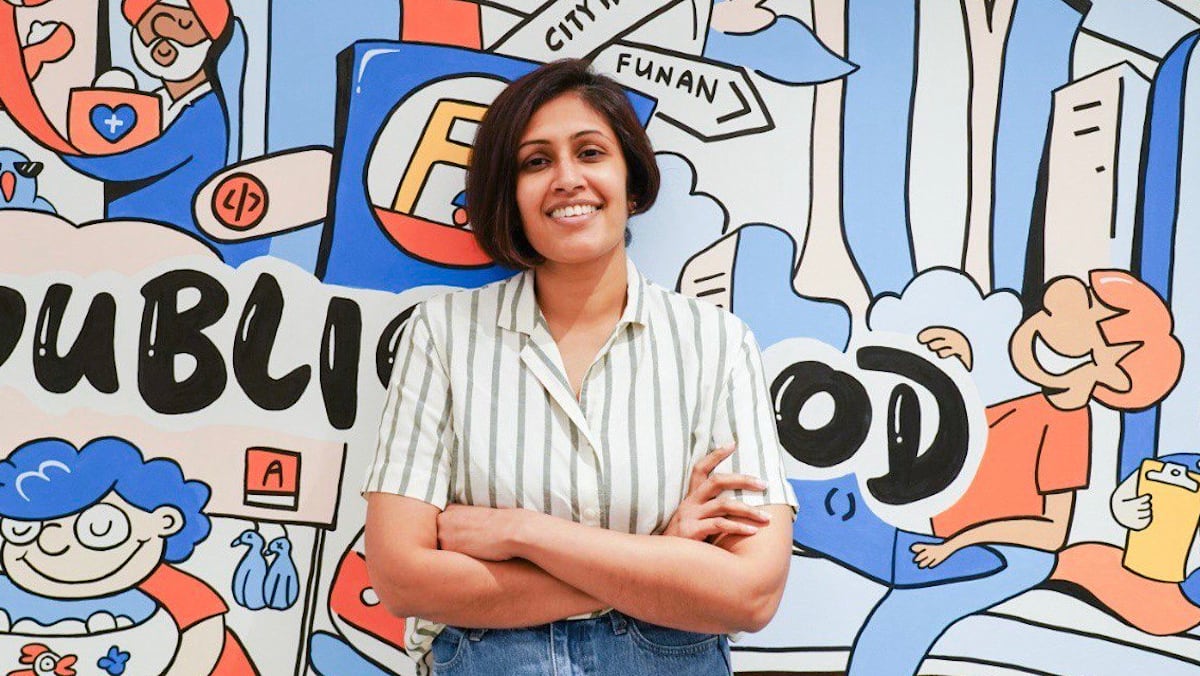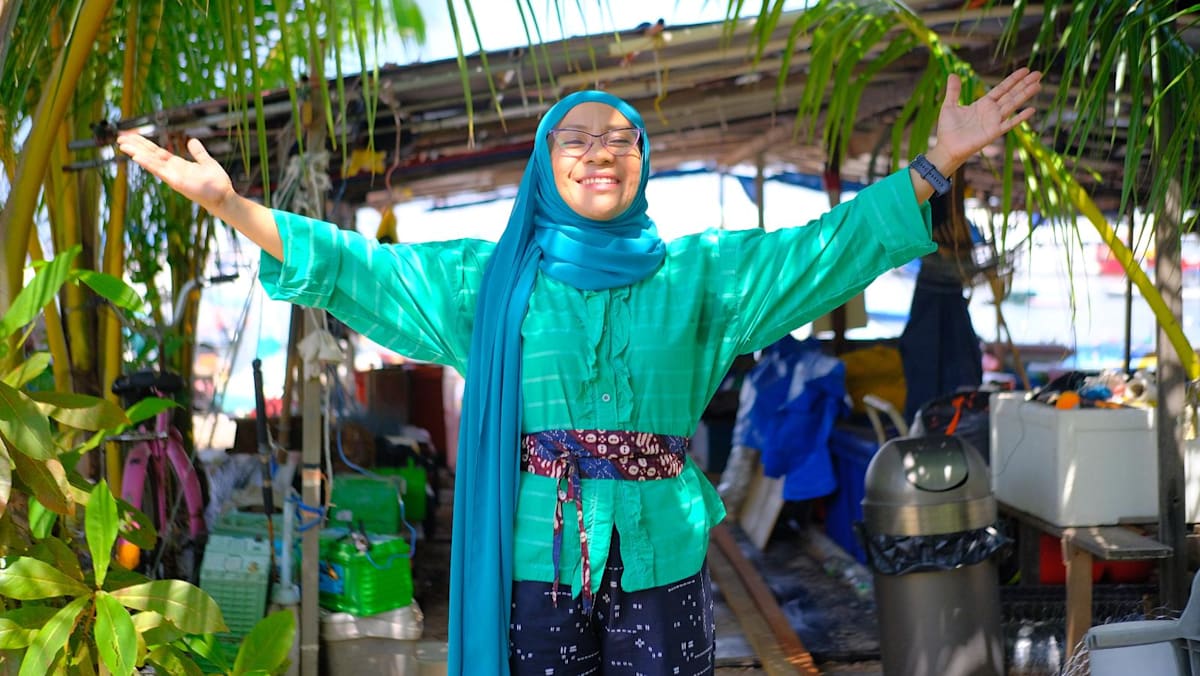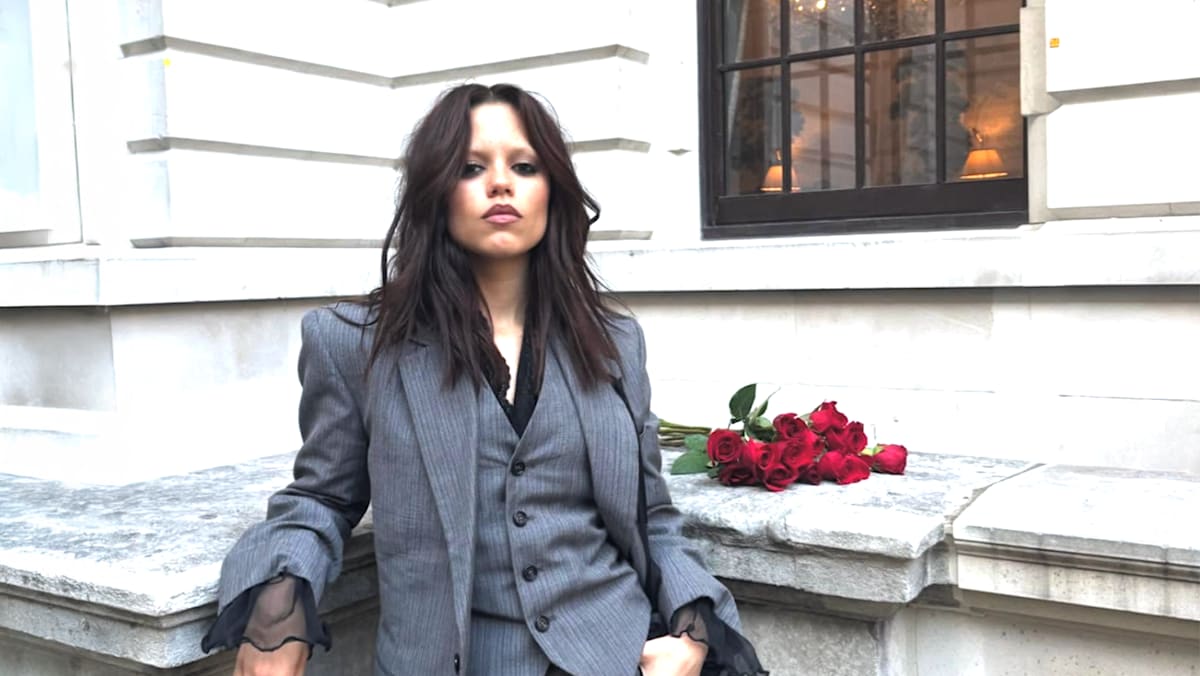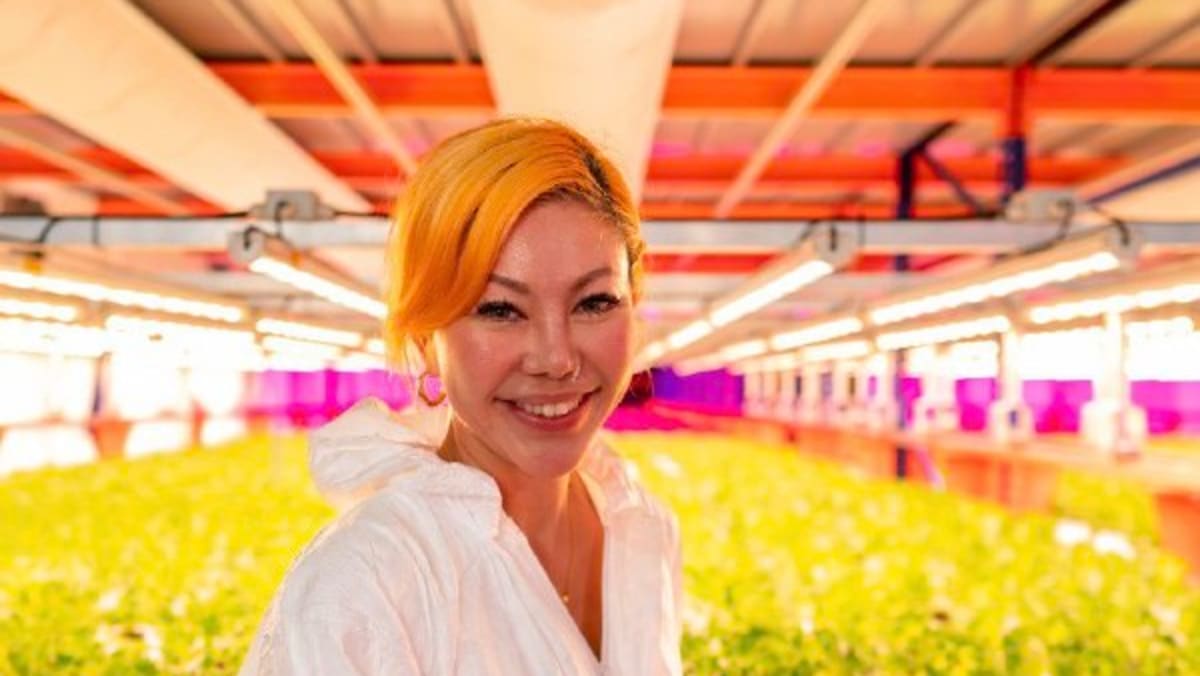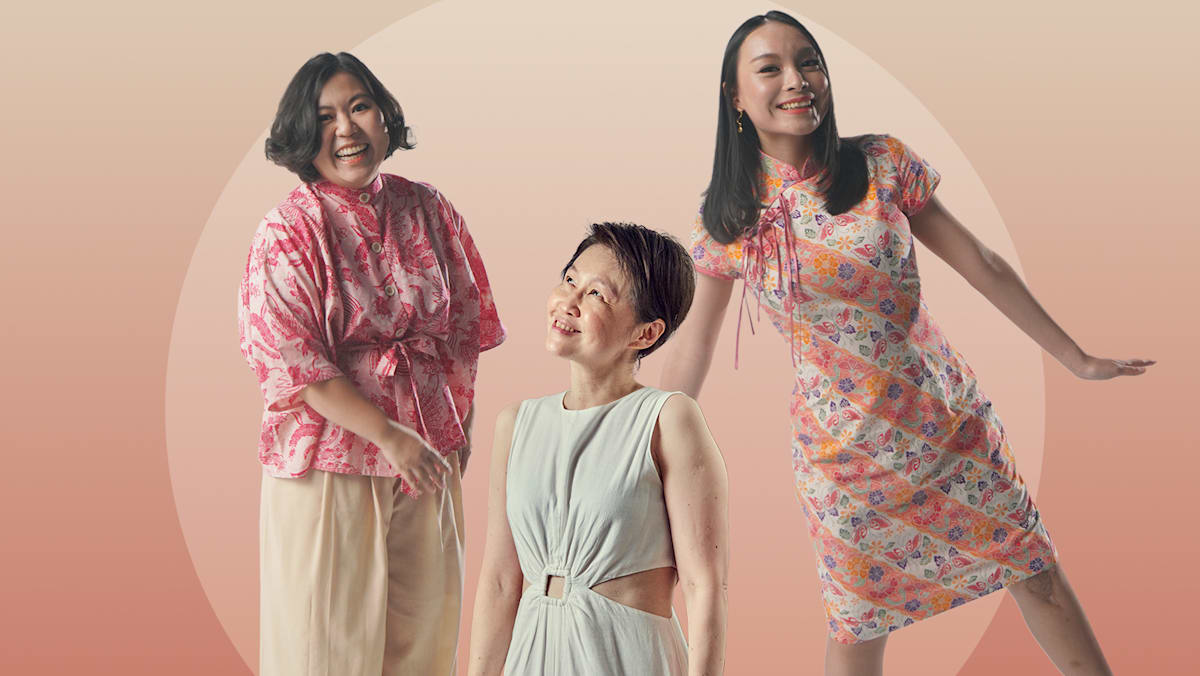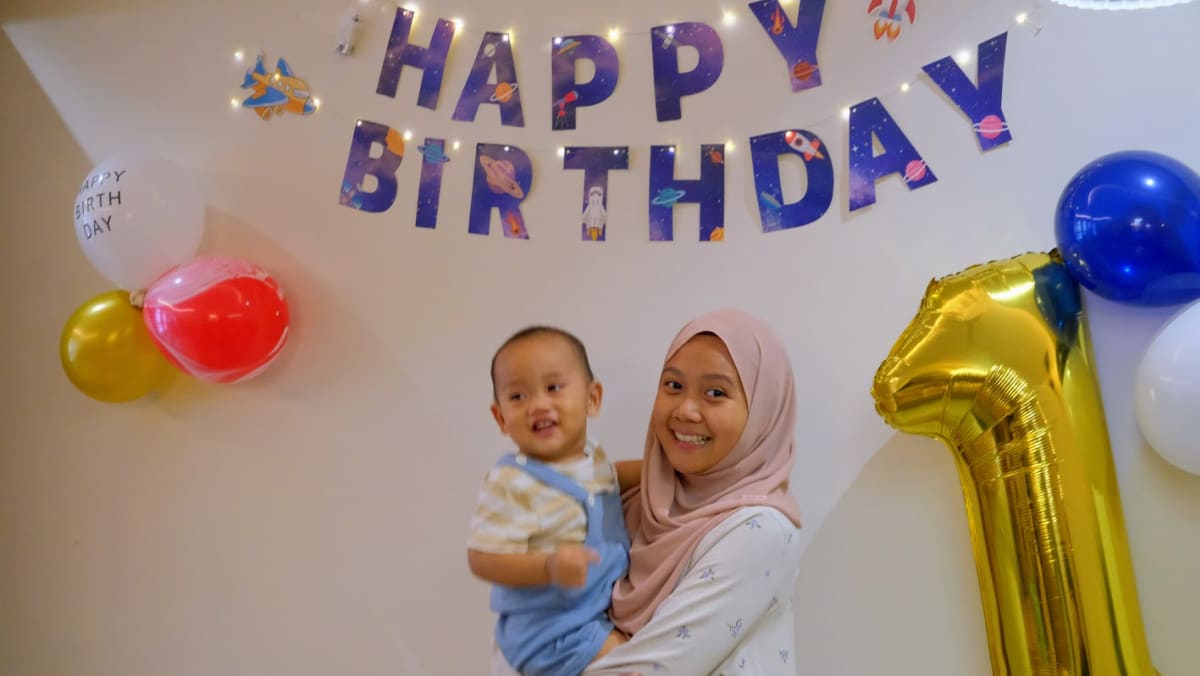Her family’s lifestyle has also changed drastically since her mother’s diagnosis. They eat less sugar, exercise more, and fruits and vegetables are now a staple at meals.
“We are more intentional about how we live now. It’s not always easy, especially at a young age but I know I have to take charge of my body,” she said. Sarah has also started doing breast self-examinations.
Still, when it comes to genetic testing or counselling, she said she is not ready.
“I don’t know if I want to explore genetic counselling,” she admitted. “I know that just because my mum or grandma has breast cancer, that doesn’t automatically mean I will be a carrier but getting that kind of information just feels too real. Seeing it on paper would ignite more fear than I already have now.”
Krosha, on the other hand, is open to genetic testing. Her mother had found a lump but ignored it and the delay proved devastating.
“The fear is definitely there but I would rather go for a genetic test to be aware and prevent it. If my mum had [checked] the lump earlier she may have been saved, who knows?” she said.
Other Gen Z women have also turned their mother’s experience with breast cancer into a source of empowerment. Kelly Chang, 24, was 10 when her mother had breast cancer.
“I asked her, ‘Oh, are you going to die?’ But, she was really reassuring and I felt like at that time it didn’t feel very scary, because she was so reassuring,” she said.
Reflecting on her mum’s journey, Chang added: “I feel like cancer is not as scary as people think. If you detect it early, there are always good treatment options available.”
To promote early detection, Chang’s mother put up a door hanger in their bathroom encouraging regular self-breast examinations. As a volunteer with the Breast Cancer Foundation, she frequently brings Chang along to events, where they work together to raise awareness for the disease.
